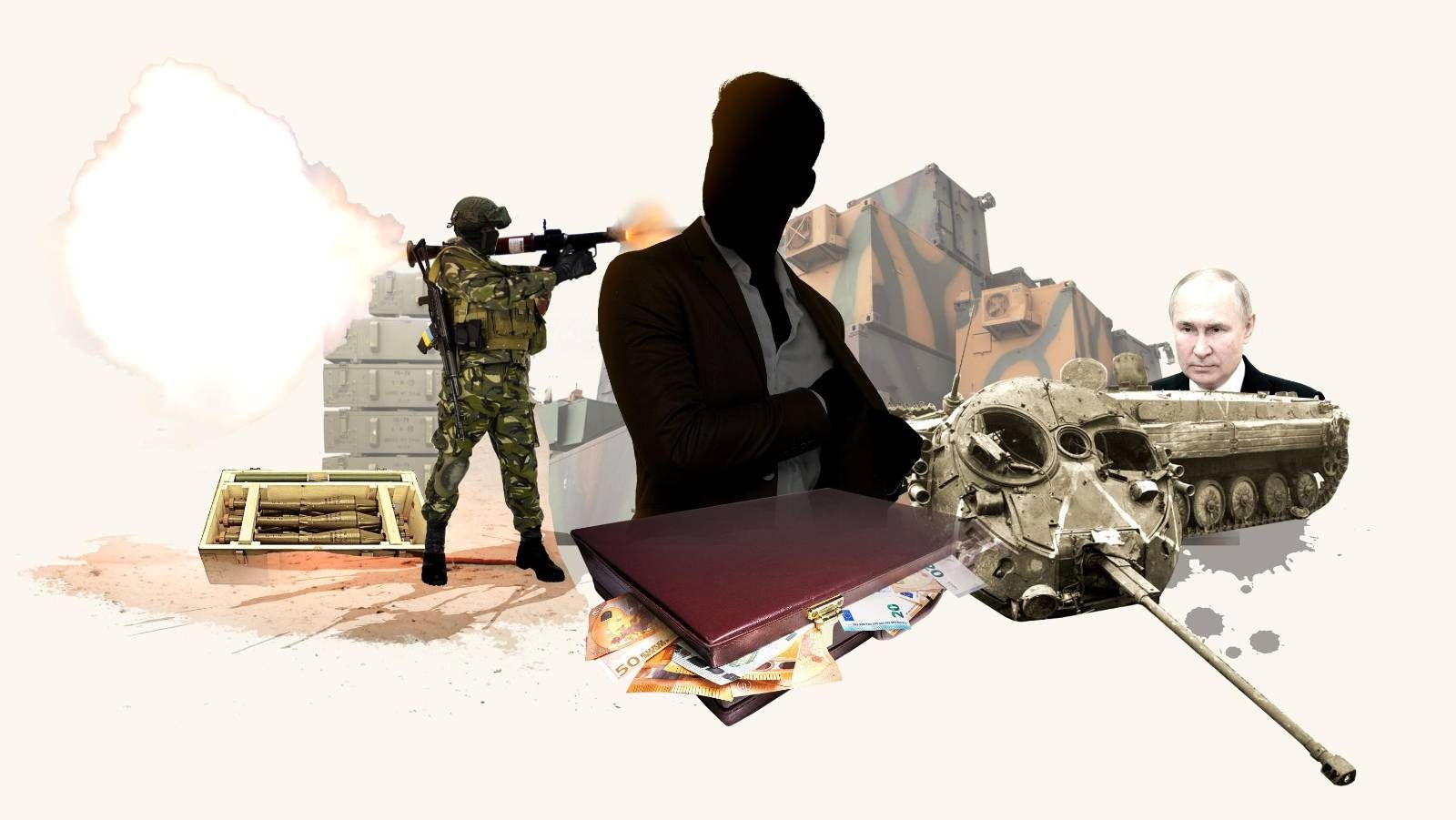Investigation: Estonian arms dealer supplied equipment to Ukraine at inflated price

An Estonian arms dealer sold laser target markers destined for the Ukrainian military at an inflated price, allegedly making millions of euros at the expense of the German taxpayers, according to an investigation by Estonian newspaper Ekspress and German newspaper Die Welt, published on March 5.
The investigation concerned well-connected arms dealer Ants Poldsam, owner of arms sales consulting business Bristol Trust and an Estonian military supplier, and German national Haiko Dehnen.
According to Ekspress and Die Welt, Poldsam offered to supply 20 Leonardo Type 163 laser target markers to Ukraine in August 2022 from the Italian manufacturer's British factory. Germany would finance the transaction.
The laser target markers allow munitions to be fired with pinpoint accuracy up to 10 kilometers away, meaning fewer rounds have to be used to achieve the desired result.
"In the midst of the hottest weeks of the war, the Ukrainians, under the cover of secrecy, were desperately looking for a large number of different military equipment, including smart laser sights, on the European market," Eskpress said.
With Poldsam's company acting as a broker, the laser target markers were sold at a total price of 3.76 million euros ($4 million). This indicates a cost of 187,959 euros ($204,250) per piece, even though the market price of one sight was 112,000 euros ($121,707), according to Ekspress and Die Welt.
The German Defense Ministry confirmed that the 20 Leonardo laser target markers "were a contribution from the German taxpayer," Ekspress and Die Welt said.
"The delivery of 20 laser sights took place in 2023 as part of the German government's initiative to help Ukraine. The contract was concluded between Ukraine and one of the partners operating in the field," the German Defense Ministry said in a statement.
The target markers "rolled off the plane in Tallinn, hidden from the public eye," in January 2023, and were declared at Estonian customs as having a total value of 2.23 million euros ($2.4 million), the market price, according to the investigation.
"When the taxes on the goods were paid and the cars with laser target markers could leave the customs warehouse, as a result of four months of work, the local intermediary was left with a profit of nearly 1.1 million euros ($1.2 million)," Ekspress and Die Welt said.
According to the investigation, Poldsam's business partner and German national Haiko Dehnen received a fee from Bristol Trust of 902,808 euros ($980,955) for providing advice on laser target markers.
In 2022, Poldsam paid a a total of 1.1 million euros ($1.2 million) to Dehnen, who previously worked as a business development manager at the German branch of Leonardo, Ekspress and Die Welt said.
Dehnen refused to disclose to the newspapers what kind of advice he gave to Poldsam, "citing business confidentiality."














